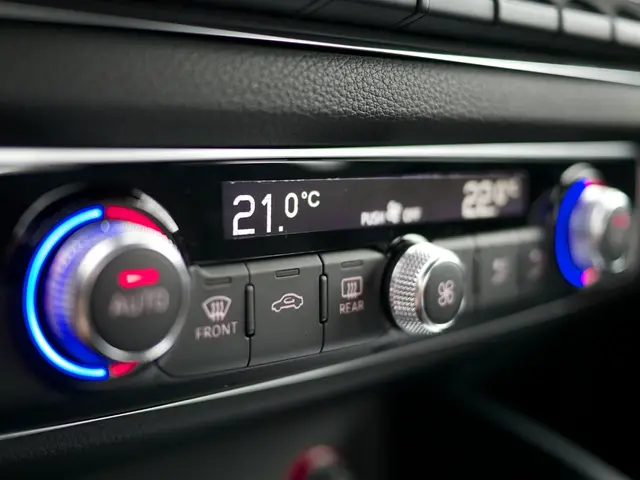Powering Up with Intelligent Electricity Systems
In the pursuit of a greener and more sustainable future, the integration of smart electrification and smart charging strategies is proving to be a game-changer.
Smart charging minimises the need for additional investment in generation, transmission, and distribution capacity, reducing costs for both utilities and consumers. This cost-saving measure is estimated to range from USD 15 to 360 per electric vehicle (EV) per year.
Moreover, smart electrification offers operational benefits such as increased flexibility and energy storage capabilities. These advantages are essential for accommodating the growing use of distributed energy resources (DERs) without violating operational constraints.
Smart charging significantly reduces peak loads and congestion, with even greater benefits seen as more EVs adopt bidirectional smart charging (V2G). This strategy not only optimises the integration of EVs into our energy ecosystem but also accelerates the decarbonization of mobility and reduces our collective carbon footprint.
CO2 emission reductions of 0.1 to 2.5 tonnes per EV per year are possible with smart charging. This reduction in greenhouse gas emissions is a crucial benefit, especially considering the increasing number of electric vehicles on our roads.
Smart electrification is a strategy that enhances the integration of renewable energy sources into the power grid while reducing peak loads and grid congestion. Significant reductions in the curtailment of variable renewable energy, ranging from 23 to 2400 kWh per EV per year, can be achieved through smart charging.
V2G technology, a significant advancement in smart electrification, allows EVs to supply power back to the grid. This technology helps reduce reliance on inefficient peaking generators, improving overall grid efficiency and reliability.
At the distribution grid level, smart charging prevents overloading of distribution components, enhances voltage quality, and reduces energy losses. This ensures a stable and efficient power supply.
The benefits of smart electrification and smart charging extend beyond cost savings and environmental impact. Marketable business models, such as subscription services and intelligent charging systems like home charging solutions, enhance mobility flexibility. These models support environmental sustainability by promoting electric vehicle adoption, which aligns with the industry's shift towards environmentally friendly transportation solutions.
Realizing these benefits hinges on the development and application of business models that can maximise grid flexibility within the realm of mobility. As we move towards a more electric future, the role of smart electrification and smart charging in ensuring a sustainable and environmentally friendly future for transportation cannot be overstated.
In conclusion, smart electrification, particularly through intelligent charging strategies, plays a pivotal role in ensuring a sustainable and environmentally friendly future for transportation. By optimising the integration of EVs into our energy ecosystem, we can accelerate the decarbonization of mobility and reduce our collective carbon footprint.
Read also:
- London Mayor Sadiq Khan under fire for raising Congestion Charge, with drivers facing an additional £80 million in yearly costs
- UNEX EV, U Power's collaborator, inks LOI with Didi Mobility for the implementation of UOTTA battery-swapping vehicles in Mexico.
- Expanding Bio-based Polypropylene Market Predicted to Soar at a Compound Annual Growth Rate (CAGR) of 26.5% until 2034
- Google Supports Agricultural Technologies Aimed at Saving 2 Billion Liters of Water on American Farms








